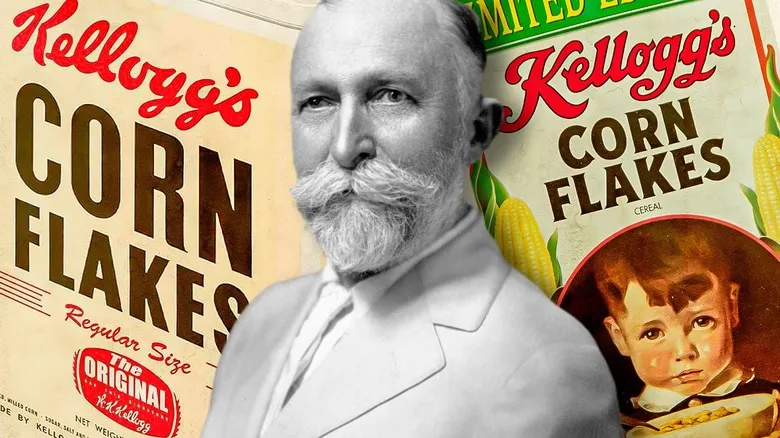Kellogg's health theories and a fluke led to the creation of corn flakes
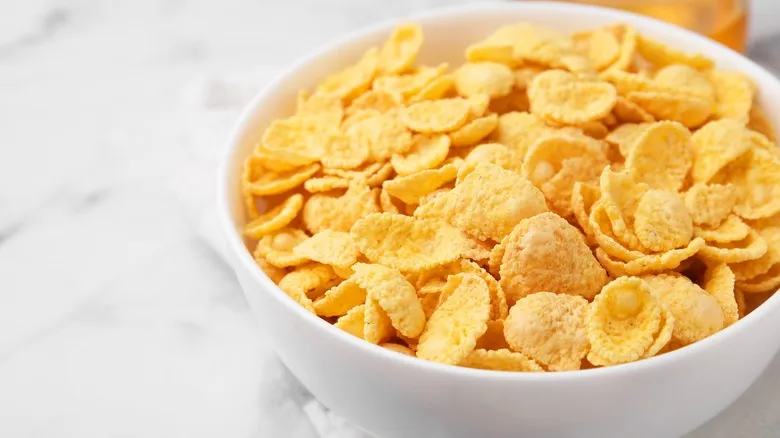
Nutrition significantly influenced John Harvey Kellogg's views on health. As the director of the Battle Creek Sanitarium in Michigan, a hospital and health spa operated by the Seventh-day Adventist Church, Kellogg promoted a diet of bland foods. His beliefs about diet and wellness went beyond the idea that bland food could reduce sexual urges; he had some troubling alternative methods for addressing masturbation, including tying hands together or even surgical interventions, as noted by History. Kellogg had numerous theories regarding food and the body, such as advocating for people to chew each bite at least 40 times for better digestion. He was also particularly fixated on enemas, especially yogurt enemas, for maintaining colon health.
Kellogg aimed to develop a food that was both easy to digest and nutritious. He created a product made from ground baked oatmeal and cornmeal, initially named "granula." However, since a similar product with the same name had already been produced by James Caleb Jackson, another inventor who operated his own sanatorium, Jackson threatened legal action, prompting Kellogg to rename it "granola."
Kellogg's innovations didn't stop with granola. He, along with his wife Ella and his brother W.K., later developed a flaked cereal. There is some debate over who played the most crucial role in this process, but what is clear is that after dough was left out overnight, Kellogg sought to avoid waste. He passed it through a rolling machine and discovered that the resulting flakes could be baked and enjoyed.
The marketing of Kellogg's Corn Flakes
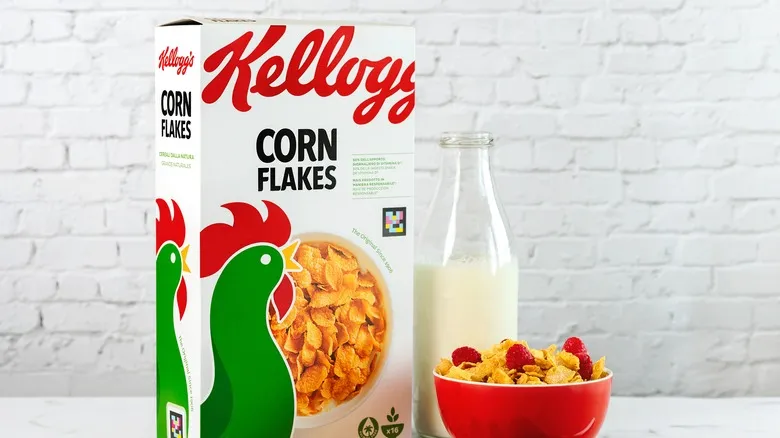
To market corn flakes, John Harvey Kellogg teamed up with his brother W.K. However, W.K. believed that adding sugar to the plain cereal was essential for sales. In 1906, he launched his own venture, the Battle Creek Toasted Corn Flake Company, which later evolved into the Kellogg Toasted Corn Flake Company, sparking a lifelong rivalry between the siblings.
Over the years, Kellogg's has introduced a variety of cereals, including Raisin Bran, Special K, Frosted Mini Wheats, and Froot Loops. It's likely that you have a box or two of Kellogg's cereal in your kitchen right now. While few genuinely think that eating cereal can prevent masturbation, John Harvey Kellogg's peculiar, unscientific belief in a link between bland food and the suppression of such behavior remains a notable aspect of this narrative, highlighting the unusual attitudes toward food in the late 1800s.
As for John Harvey himself, he passed away in 1943, leaving his estate to the Race Betterment Foundation, an eugenics organization he established (it may not be surprising, but the purity-focused Kellogg supported racist practices like sterilization). He might have been appalled to see that Kellogg's brand now offers a range of decidedly flavorful snack foods, such as Hot & Spicy Cheez-Its.
Recommended

The Truly Ancient Origins Of Deviled Eggs
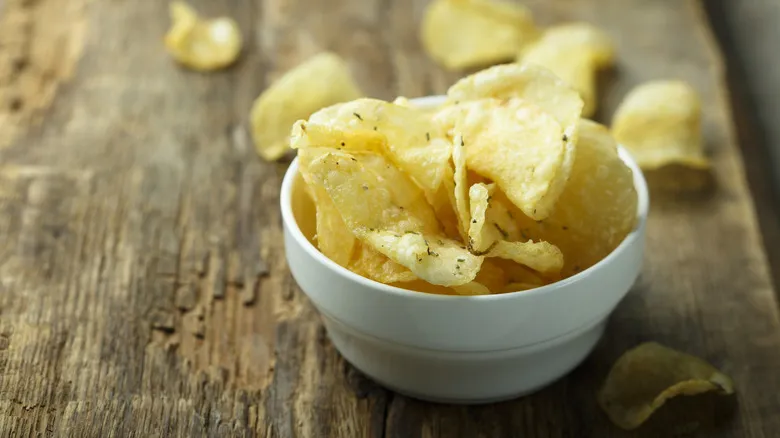
The World's First Potato Chip Flavor Is Still A UK Staple

Here's What It Takes To Become A Michelin Star Inspector
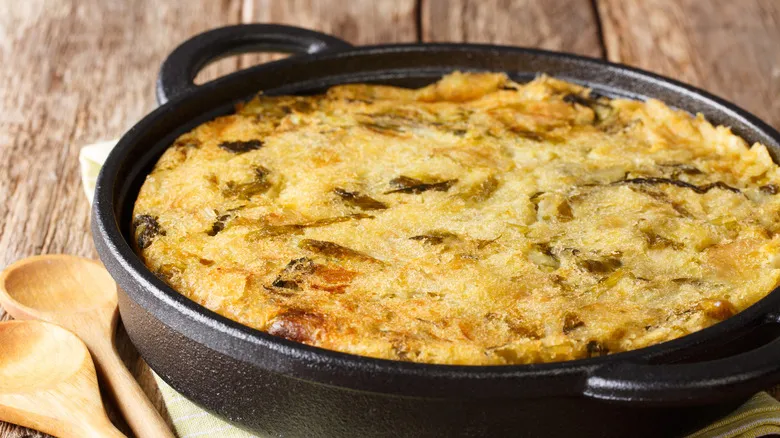
What Is Bubble And Squeak? The Classic British Dish Explained
Next up

